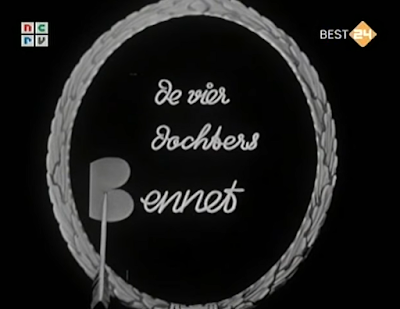"Struggling boutique bookseller Kathleen Kelly (Meg Ryan) hates Joe Fox (Tom Hanks), the owner of a corporate Foxbooks chain store that just moved in across the street. When they meet online, however, they begin an intense and anonymous Internet romance, oblivious of each other's true identity. Eventually Joe learns that the enchanting woman he's involved with is actually his business rival. He must now struggle to reconcile his real-life dislike for her with the cyber love he's come to feel."
What's different
This classic 90s rom-com can't rightly be called a Pride and Prejudice adaptation, but it openly encourages viewers to draw comparisons between the two love stories. P&P is Kathleen's favorite book; Joe struggles to get through it. It's the book Kathleen takes to the cafe to meet Joe (before she knows it's Joe), paired with a red rose so he'll know it's her. And Joe compares Kathleen to Elizabeth when he accuses her of being too proud to forgive him.
How similar is Joe and Kathleen's relationship to Darcy and Elizabeth's? The basic structure of the two relationships are the same: girl meets boy, girl hates boy, boy likes girl, girl rejects boy, girl realizes boy isn't so bad after all, girl starts to like boy, girl and boy end up together. But the similarities don't continue very far from there. There's also one glaring opposite in their stories: Darcy saves Elizabeth, in a way, by saving her family from disgrace; Joe, on the other hand, hurts Kathleen by literally putting her out of business. Not a very Darcy move.
 |
| Joe clearly agrees with me on the pointless pride/prejudice dichotomy. |
How similar is Joe and Kathleen's relationship to Darcy and Elizabeth's? The basic structure of the two relationships are the same: girl meets boy, girl hates boy, boy likes girl, girl rejects boy, girl realizes boy isn't so bad after all, girl starts to like boy, girl and boy end up together. But the similarities don't continue very far from there. There's also one glaring opposite in their stories: Darcy saves Elizabeth, in a way, by saving her family from disgrace; Joe, on the other hand, hurts Kathleen by literally putting her out of business. Not a very Darcy move.













